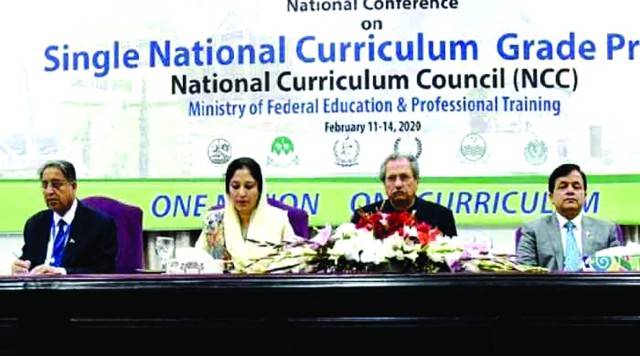
My first day of school was not amazing. I had arrived fresh-cheeked from a kindergarten run by Anglicized emotional empaths straight into the violence of an all boys Punjabi penal colony. One of the first classes was Islamic Studies, which was taught by a large man who had a gnarly horn growing out of his forehead, a visible sign, he later insisted, of his enduring piety. Five-year-olds don’t know much, but they do know that horns are generally a bad thing to have sprouting from your hairline, and it’s no wonder I spent the lesson distracted and terrified by his visage. Eventually he called on me to the front of the class.
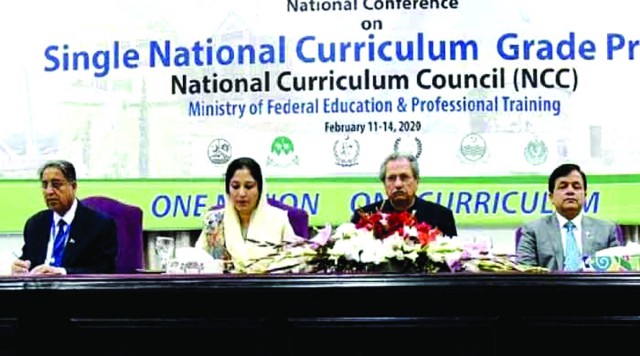
“Where were You born?” he asked in Urdu. I mumbled noncommittally, avoiding horn-to-eye contact, and he softened in the way a cobra does before striking.
“Try again,” he said.
Thinking this was the beginning of show and tell, I relaxed into an elevator introduction:
“Oh, ok! Yeah, so my name is Fayes and I was born in Abu Dhabi. In fact we just-“
SLAP!
“Where were YOU born?” He asked again.
I stared open mouthed, hot tears stinging my eyes.
“I-I…Abu Dhabi.”
SLAP!
“You were born in Mecca!” He said aggressively.
“But I wasn’t!” I pleaded. “Honestly!”
The end of the lesson left me with deep identity issues but someone eventually explained to me that when the teacher said the formal “You” in Urdu, he was actually referring to the Prophet (PBUH).
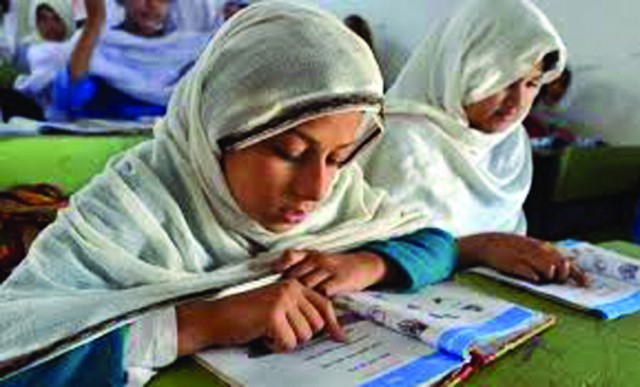
I still don’t know how I was meant to know that, but it instilled in me a deep mistrust of religious studies. Things work differently in that class. It’s designed that way – which is why mandatory religious teaching in school isn’t allowed in classrooms according to our constitution. When this was pointed out to the educational ministry, they suggested non-Muslim students “leave the room” for a bit if they wanted to. I was talking about this the other day with a friend of mine who had four children in school right now. She’s dreading the forthcoming implementation of the Single National Curriculum (SNC) – the government’s showy effort to end what it calls an Educational Apartheid.
The idea of bringing the same quality of education to all children in the country is wonderful. The aim is to make sure that every child is being taught the same thing, which is lovely but completely ignores that the problem is often not what the child is being taught, but how and with what resources. The content of subjects like science and math don’t really vary from school to school. Those curriculums are designed like pyramids, with the hope that strong factual foundations allow for dizzying heights of specialized knowledge. One of the reasons this works is that those subjects are secular, and you can’t have a bearded cleric tell you that 1 plus 2 is actually 4 because “God says so, so shut up.”
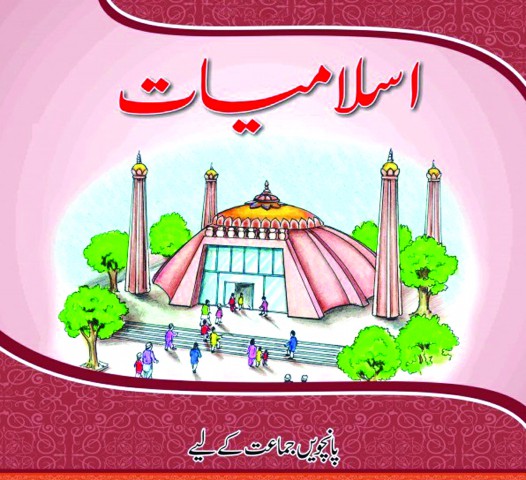
History and geography are where the fictions have usually been the easiest to see (it wasn’t until I was forced to study world maps outside out Pakistan that I realized how different our map is to everyone else’s) and it took a middle aged Argentinian professor of Global South Asia to teach me the realities of what actually went on during the 1971 war.

Much of the integration the SNC promises focuses (surprise surprise) on Islamic studies starting as early as first grade, with a heavy emphasis on learning passages and prayers by heart. The overarching priority seems to be to level the playing field for graduates in employment and higher education so that kids from poorer schools stand the same chance. But rather than focus on building our local model up to the standards of the international boards already enforced at private schools (like the O/A levels and IB), Pakistan is instead trying to force the private schools to bring their levels down to the public schools.
A heavy emphasis on Urdu instructions and Arabic texts will not help graduates trying to compete online in a world that doesn’t run on either. What is clear is that there are more kids out of school than they are in it in Pakistan, and rather than focus on increasing those numbers (changes that, unlike announcing shiny, headline grabbing curriculum content, costs actual money and time the government doesn’t want to spend), the PM wants to make sure that madrassas should be the working model of how our graduates learn and think.
There are real ways to make kids’ lives better, to make sure that a Pakistani graduate is equipped with the tools, language skills and critical reasoning capabilities that are required (not encouraged but actually mandatory) in order to be anything but a fry cook in most of the world. But heavy handed nationalistic jingoism dripped in a cloak of anti-elitist rhetoric from a man who went to private school here and college abroad but presumably read nothing at either, is not the way. Fund the schools, pay teachers, and prioritize thinking over simple recall.
It’s not rocket science, although our approach may explain why we don’t have that many.
Write to thekantawala@gmail.com
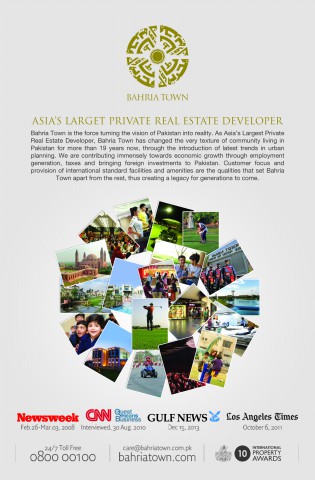

“Where were You born?” he asked in Urdu. I mumbled noncommittally, avoiding horn-to-eye contact, and he softened in the way a cobra does before striking.
“Try again,” he said.
Thinking this was the beginning of show and tell, I relaxed into an elevator introduction:
“Oh, ok! Yeah, so my name is Fayes and I was born in Abu Dhabi. In fact we just-“
SLAP!
“Where were YOU born?” He asked again.
I stared open mouthed, hot tears stinging my eyes.
“I-I…Abu Dhabi.”
SLAP!
“You were born in Mecca!” He said aggressively.
“But I wasn’t!” I pleaded. “Honestly!”
The end of the lesson left me with deep identity issues but someone eventually explained to me that when the teacher said the formal “You” in Urdu, he was actually referring to the Prophet (PBUH).

I still don’t know how I was meant to know that, but it instilled in me a deep mistrust of religious studies. Things work differently in that class. It’s designed that way – which is why mandatory religious teaching in school isn’t allowed in classrooms according to our constitution. When this was pointed out to the educational ministry, they suggested non-Muslim students “leave the room” for a bit if they wanted to. I was talking about this the other day with a friend of mine who had four children in school right now. She’s dreading the forthcoming implementation of the Single National Curriculum (SNC) – the government’s showy effort to end what it calls an Educational Apartheid.
Things work differently in that class. It’s designed that way – which is why mandatory religious teaching in school isn’t allowed in classrooms according to our constitution. When this was pointed out to the educational ministry, they suggested non-Muslim students “leave the room” for a bit if they wanted to
The idea of bringing the same quality of education to all children in the country is wonderful. The aim is to make sure that every child is being taught the same thing, which is lovely but completely ignores that the problem is often not what the child is being taught, but how and with what resources. The content of subjects like science and math don’t really vary from school to school. Those curriculums are designed like pyramids, with the hope that strong factual foundations allow for dizzying heights of specialized knowledge. One of the reasons this works is that those subjects are secular, and you can’t have a bearded cleric tell you that 1 plus 2 is actually 4 because “God says so, so shut up.”

History and geography are where the fictions have usually been the easiest to see (it wasn’t until I was forced to study world maps outside out Pakistan that I realized how different our map is to everyone else’s) and it took a middle aged Argentinian professor of Global South Asia to teach me the realities of what actually went on during the 1971 war.

Much of the integration the SNC promises focuses (surprise surprise) on Islamic studies starting as early as first grade, with a heavy emphasis on learning passages and prayers by heart. The overarching priority seems to be to level the playing field for graduates in employment and higher education so that kids from poorer schools stand the same chance. But rather than focus on building our local model up to the standards of the international boards already enforced at private schools (like the O/A levels and IB), Pakistan is instead trying to force the private schools to bring their levels down to the public schools.
Heavy-handed nationalistic jingoism dripped in a cloak of anti-elitist rhetoric from a man who went to private school here and college abroad but presumably read nothing at either, is not the way
A heavy emphasis on Urdu instructions and Arabic texts will not help graduates trying to compete online in a world that doesn’t run on either. What is clear is that there are more kids out of school than they are in it in Pakistan, and rather than focus on increasing those numbers (changes that, unlike announcing shiny, headline grabbing curriculum content, costs actual money and time the government doesn’t want to spend), the PM wants to make sure that madrassas should be the working model of how our graduates learn and think.
There are real ways to make kids’ lives better, to make sure that a Pakistani graduate is equipped with the tools, language skills and critical reasoning capabilities that are required (not encouraged but actually mandatory) in order to be anything but a fry cook in most of the world. But heavy handed nationalistic jingoism dripped in a cloak of anti-elitist rhetoric from a man who went to private school here and college abroad but presumably read nothing at either, is not the way. Fund the schools, pay teachers, and prioritize thinking over simple recall.
It’s not rocket science, although our approach may explain why we don’t have that many.
Write to thekantawala@gmail.com


